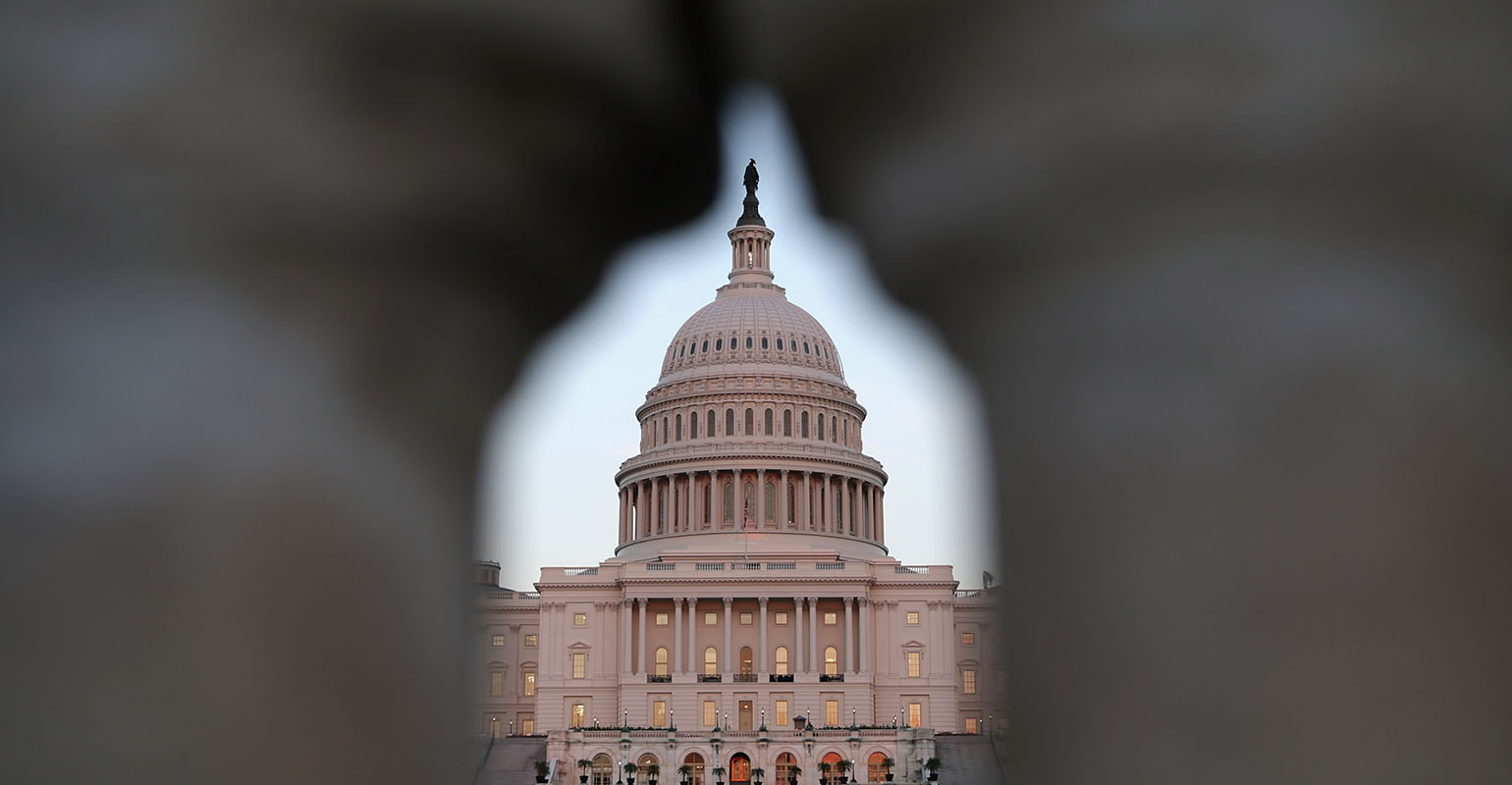After the October 7 attack on Israel, financial investigations show a 70% increase in donations to Hamas-affiliated charities, according to Israeli authorities. In the months since, Israel has sought help to stop funding these charities, which are scattered around the world.
Prohibiting these charities proves difficult, as they often change their names, are difficult to trace and have liquid structures. Another issue is identifying funds that are intended for legitimate humanitarian aid and preventing them from ending up in the hands of Hamas for military purposes. The difficulty of monitoring where these charitable donations end up is also the use of non-traditional money transfer methods, including the ancient Islamic money transfer system Hawala, known for its privacy features and reduced traceability. This system bypasses western-style banks and cryptocurrencies,
The Treasury Department acted swiftly on Israel's request to help stem the flow of money to these charities, imposing sanctions on several Hamas-linked organizations in the weeks after the attack.
Now, in a move to further limit terrorist financing, the House of Representatives has passed a bill, HR 6408, that would end the tax-exempt status of terrorist-related charities. The bill passed the House of Representatives with 382 votes in favor and 11 against and now goes to the Senate for consideration.
Bill to extend existing authority
The legislation would expand Treasury's existing authority to terminate the tax-exempt status of organizations under Section 501(p) of the Internal Revenue Code and would authorize revoking the status of any organization “designated by the Secretary as having, during the 3-year period ending on the date of this determination, material support or resources (as defined in section 2339B of title 18, United States Code) for an organization described in paragraph (2) (as determined after the implementation of this paragraph for such an organization) that exceed a de minimis amount.”
The bill was originally introduced in November 2023 in response to anti-Semitic incidents and pro-terrorist rhetoric at several American universities following the October 7 attack on Israel by Hamas.
In light of escalating tensions in the Middle East and Iran's attack on Israel over the weekend, the bipartisan bill was brought to the floor yesterday under an expedited procedure that allows it to be heard without going through the House Rules Committee, but requires two-thirds majority to pass.
In his opening statement, House Committee Chairman Jason Smith (R-Mo.) noted, “There are many fronts in this battle against terrorism, and this bill addresses one that perhaps doesn't get enough attention.”
“It should go without saying that America's tax code should not be used to support or finance violent terrorism around the world,” he added.

